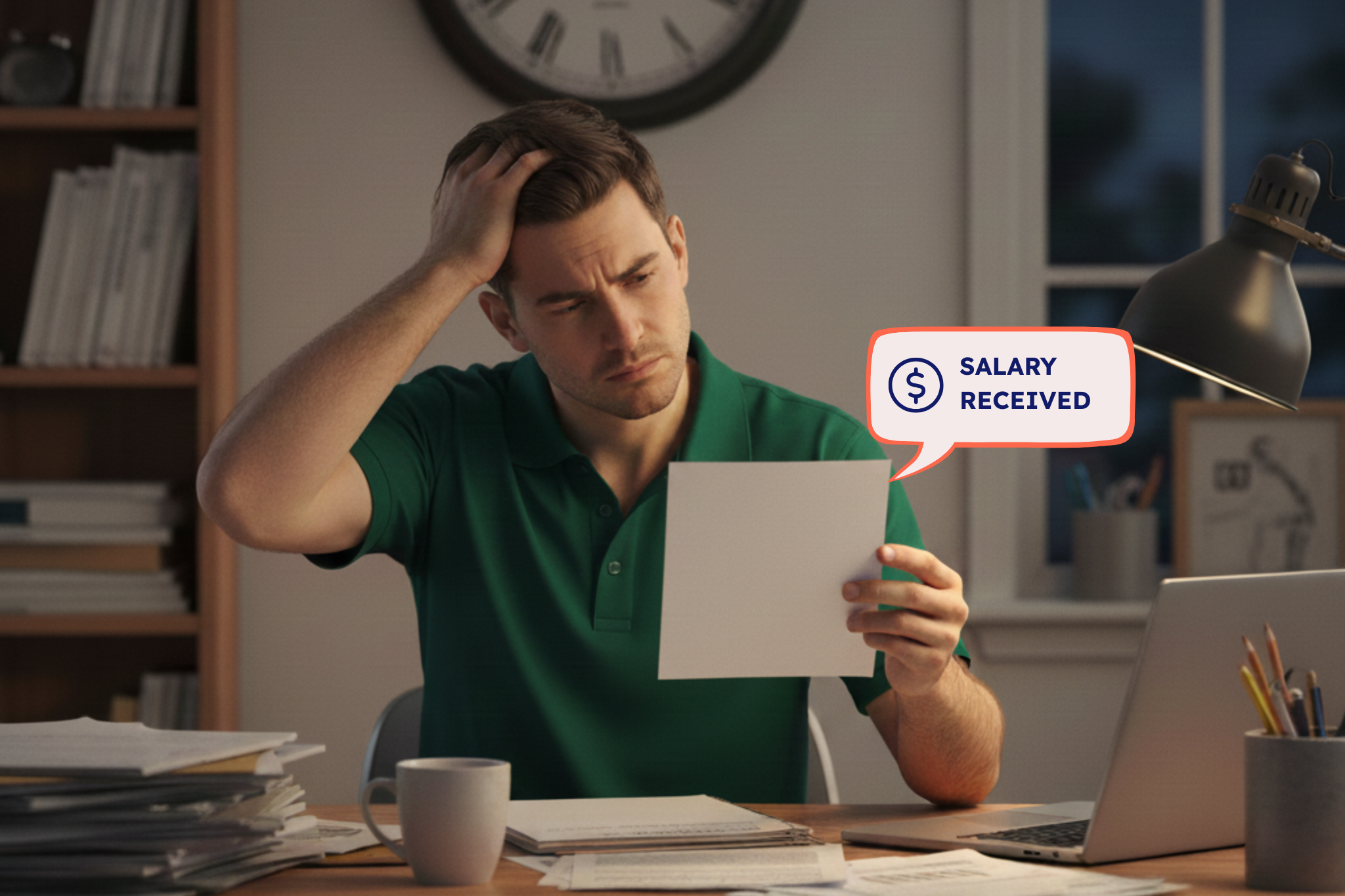
Buying a home? Budget for all the extras, not just the house
Last updated on January 13th, 2022
There’s more to buying a home than just the asking price. Now that you’ve got your deposit and secured any available government grants, prepare yourself for the other charges and expenses that come with becoming a homeowner.
Research is vital to help you identify the associated costs. Setting aside a budget for these fees will save you a lot of time, and hassle. It also helps ensure there are as few unexpected nasty surprises as possible.
|
Homecoming: A special report Buying a home is likely to be the biggest purchase of your life. Which is why we’ve done a deep dive into ALL you need to know. Follow our four-part series here: |
| Part one: Real estate agents: How to spot the right property agent |
| Part two: Close to home: How the government can help you buy a house anywhere in Australia |
| Part four: Home buyers tips: From search to sold |
Before buying a home
When preparing to buy your property, factor in the following costs. If they all add up to a lot more than your budget, you may need to rethink how much you spend on a new home and adjust accordingly. Here are some of the fees:
Stamp duty
Stamp duty is the state government’s fee for transferring the land to your name. In fact, this is the biggest source of our taxes after payroll tax. Residential sales make up around 75 percent of tax duty. No wonder the NSW government is proposing changes to their state’s property tax system to help you save on your deposit. They are considering giving property buyers the option to pay an annual property tax rather than stamp duty and land tax.
Land tax clearance certificate
This isn’t so much something you have to pay, but something you need to ensure the property won’t cost you extra after purchase. A land tax clearance certificate shows you that the property doesn’t have any land tax due and protects you from any outstanding liability by the previous owner.
Professional valuation

To assess the property you’re buying, your lender can seek the help of a professional external valuer. This will help the lender determine how much they are willing to lend you. And they will charge you for the privilege. Property valuation tends to cost between $300 to $600 in capital cities but can cost more than $1000 in rural and remote areas. You can sometimes obtain a free property valuation through your mortgage broker.
Property inspections
To ensure there are no nasty hidden surprises with the property, you should get it inspected by a property and/or pest inspection company. The costs vary depending on the type of inspection done. Inspections can range from $400 to $500 for an average-sized house in a regional area. While a complete inspection can be as high as $1000 for large houses in metropolitan areas.
Legal fees
Before the contract gets approved, your lender may charge a fee to prepare your loan documents. You may also get a solicitor who can prepare the required documentation and provide a wide range of legal advice. This can be expensive, so it pays to get a couple of quotes.
Search fees
These include a title search. You should not skip this step. Property title searches will help you understand factors that may influence the value, accessibility, and future of the property. It reduces your risk and allows you to make informed decisions before investing. Learn more about land title search here.
When you are buying a home
Once you’ve decided to go ahead with buying the property, wrap your head around the following costs associated with owning a new home.
Bank or mortgage fees
These are your monthly repayments for your home loan. Aside from the required amount, you can also be charged certain fees such as monthly service fees, annual fees, late payment fees, and others. Ask your bank for a full rundown of all these costs before you sign on the dotted line.
Home and contents insurance
Home insurance is crucial for homeowners because it protects you against damages or loss of the building and other structures that make up your property. You should also investigate the cost of contents insurance, as this will cover you for everything from personal effects and furniture through to home office equipment, and even your most precious kitchen appliances.
High-value items such as jewellery and TVs will need to be itemised in your insurance policy and may even need their own insurance. Be aware that failing to declare high-value items creates a risk that they won’t be covered, or that you won’t receive the full cost of replacing them.
Moving costs and utility connections

The cost of moving into your new home should not be ignored. You may hire professional movers or simply rent a trailer truck and move your furniture and appliances yourself. Just manage your expectations when hiring movers. Application fees and rates of utility connections such as electricity, gas, water, telephone, and internet can also add to the moving expenses.
Smoke alarms and electrical safety switches
When moving into your new house, safety should be your top priority. Installing smoke detectors, alarms, and electrical safety switches may be an additional expense, but it minimises your risk and prevents any future electrical accidents.
After you buy
Yay, you now have your own home! Make sure you allow yourself the time to crack that bottle of champagne and celebrate. However, keep in mind that there are still expenses to budget for, in addition to your mortgage and insurance.
Council rates
This can usually be paid yearly or quarterly, though many councils also allow you to ‘smooth out’ your payments with weekly or fortnightly direct debits. Rates are very specific to your property and different councils will have different methods for determining the cost, but many are based on the land value. When houses are listed for sale, they usually give you an indication of the cost of the rates for that property.
Body corporate fees (where applicable)
If you’ve bought an apartment, unit or townhouse, you could be charged body corporate fees. These fees may cover the building insurance and maintenance of shared spaces within the property. It can also include administrative fees to run and manage the body corporate. Ask for an estimate of their costs before you move in so you can add it to your budget.
Ongoing maintenance costs

After you move into your new home, you’ll need to start setting aside a budget for regular maintenance and any repairs that may arise in the future. These expenses may be seldom, but it pays off to be prepared to deal with them when they occur.
Don’t forget to enjoy your new home
Let’s admit it, buying a home can be one of the most expensive purchases of your life. Saving up for the deposit alone requires a huge effort.
And then there are all the other expenses. But if you’re prepared, and have some idea of what’s coming, you will settle into your new home much sooner. It’s meant to be enjoyed for many years to come, not something you feel burdened by.
However, if you’re ever asked to pay any hidden fees or unnecessary charges, or have a problem with the property you’re buying, lodge your complaint with us. We’ll help ensure your home is your sanctuary, not a liability.






